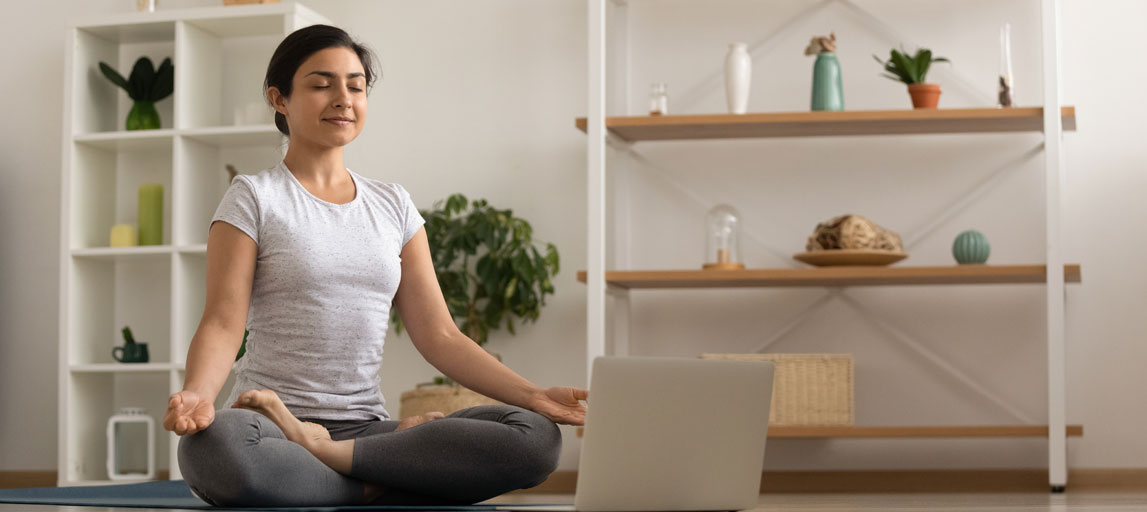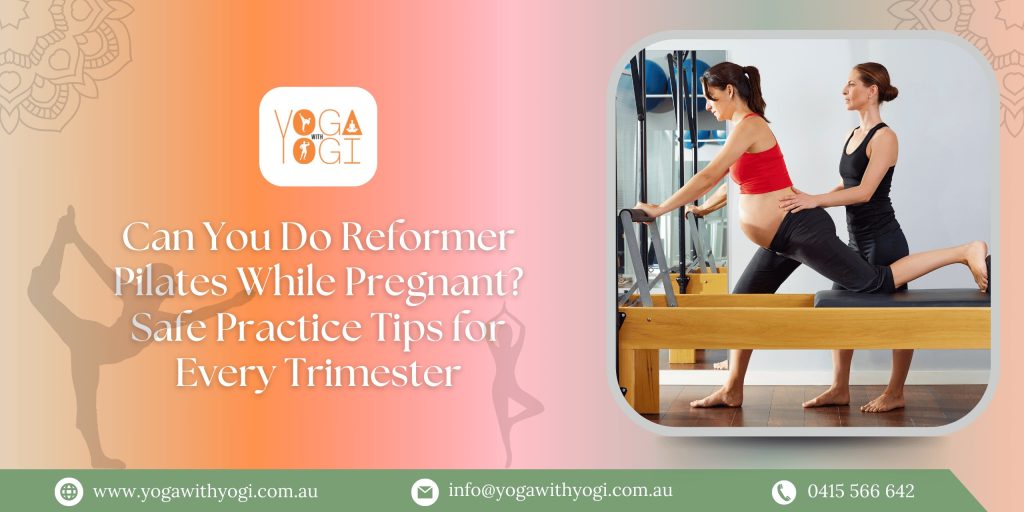Pregnancy is a beautiful yet physically demanding journey. Many women ask: Can you do Reformer Pilates while pregnant? The short answer is yes — with modifications, expert guidance, and approval from your doctor, Reformer Pilates can be a fantastic way to stay strong, mobile, and mentally relaxed during pregnancy.
At reformer pilates private classes offered by certified instructors, expecting mothers are guided through tailored prenatal workouts that support pelvic health, improve posture, and reduce common pregnancy aches.
What Is Reformer Pilates and How Is It Different for Pregnancy?
Reformer Pilates is performed on a specialized machine using springs, straps, and a sliding carriage. For pregnant women, exercises are modified to ensure core safety, avoid supine positions (especially after the first trimester), and reduce any abdominal strain.
When guided by a certified prenatal Pilates instructor, it becomes a low-impact, joint-friendly, full-body conditioning tool.
Benefits of Reformer Pilates During Pregnancy
1. Strengthens Core & Pelvic Floor
Helps reduce lower back pain, improves bladder control, and supports delivery and postpartum recovery.
2. Improves Posture
As your belly grows, your body’s center of gravity shifts. Pilates supports spinal alignment and reduces strain on your lower back.
3. Reduces Swelling & Aches
Gentle movement increases blood circulation and helps with swelling, leg cramps, and joint discomfort.
4. Promotes Relaxation & Mental Wellbeing
Focus on breathing and control enhances calmness, which is essential for both mom and baby.
5. Prepares Body for Labor
Strength and flexibility gained during sessions help prepare the body for labor endurance and quicker recovery postpartum.
Latest Data on Pilates & Pregnancy
- A 2022 Australian prenatal fitness study found that Reformer Pilates helped 82% of participants reduce pregnancy-related back pain within 6 weeks.
- In a UK study, pregnant women practicing Pilates were 28% less likely to experience pelvic instability than non-practitioners.
- Women who engaged in Reformer Pilates during pregnancy reported better sleep, improved mood, and reduced anxiety levels.
Trimester-Wise Guide to Reformer Pilates
First Trimester (0–13 Weeks)
- Focus: Building foundational strength and breathing awareness.
- Tip: Avoid overexertion and overheating. Start slow and inform your instructor immediately.
Second Trimester (14–27 Weeks)
- Focus: Core and pelvic stability, gentle stretching, posture alignment.
- Tip: Avoid lying flat on the back for extended periods. Use props and inclined positions.
Third Trimester (28–40 Weeks)
- Focus: Relaxation, breathing control, hip mobility.
- Tip: Keep movements slow and low-impact. Emphasize breath and mental focus over reps.
Safety Tips Before You Start
- ✅ Always consult your obstetrician before beginning any new workout routine.
- ✅ Choose instructors who are certified in prenatal Reformer Pilates.
- ✅ Avoid crunch-like abdominal moves or exercises that feel too intense.
- ✅ Focus on form, breathing, and body awareness.
- ✅ Stop immediately if you feel dizzy, experience pain, or contractions.
Combine Pilates with Pregnancy Yoga for Best Results
Many expecting mothers complement Reformer Pilates with pregnancy yoga classes. Prenatal yoga focuses on breath control, pelvic awareness, and emotional calm — the perfect combination to support you during all three trimesters.
Who Should Avoid Reformer Pilates During Pregnancy?
Reformer Pilates may not be safe if:
- You have a high-risk pregnancy
- Experiencing placenta previa or preterm labor risk
- Have been advised bed rest
- Suffering from severe pubic symphysis pain
Always get medical clearance before starting.
Final Thoughts
So, can you do Reformer Pilates while pregnant? Yes — when done with expert guidance and proper modifications. Reformer Pilates offers a safe and effective way to stay strong, reduce aches, and prepare for childbirth.
Whether you’re a first-time mom or expecting again, start your fitness journey safely with reformer pilates private classes and nurture your body and mind with pregnancy yoga classes.
Five FAQs – People Also Ask
Q1. Is Reformer Pilates safe during all trimesters?
Yes, with appropriate modifications and medical clearance, it is safe throughout pregnancy.
Q2. Can Reformer Pilates help with labor preparation?
Absolutely. It enhances core strength, flexibility, and breathing — all helpful during labor.
Q3. What should I avoid in Pilates while pregnant?
Avoid abdominal crunches, high-impact movements, and prolonged lying on your back.
Q4. How often can I do Reformer Pilates during pregnancy?
2–3 times per week is ideal, but listen to your body and rest when needed.
Q5. Do I need a certified instructor for prenatal Pilates?
Yes. Always work with someone trained in prenatal modifications for safety.





